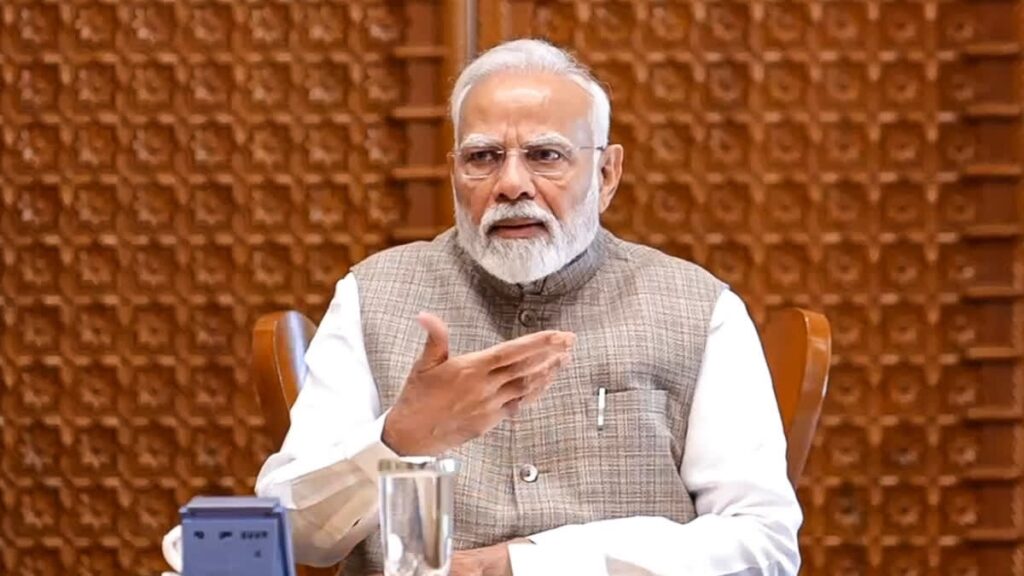The Bureau of Civil Aviation Security (BCAS) has revoked the security clearance of Çelebi Airport Services India, the Indian arm of Turkish ground handling giant Çelebi Aviation Holding. The move, effective immediately, is based on concerns related to national security. Çelebi India has responded, asserting that it is a fully Indian-managed and operated enterprise, not a Turkish organisation in its functioning.
Turkey’s Support for Pakistan Fuels Backlash
The revocation comes as political tensions between India and Turkey escalate. Turkey’s open support for Pakistan following India’s military strikes in Pakistan and PoK under “Operation Sindoor” has drawn sharp criticism in India. The use of Turkish drones by Pakistan in cross-border operations has intensified calls within India for a review of all Turkish engagements, including travel boycotts and scrutiny of business partnerships.

Impact on Ground Handling Operations
The BCAS decision is expected to disrupt ground handling operations at major Indian airports where Çelebi has been active. Airlines that depend on Çelebi will need to urgently find alternatives. Other players in the sector include AI Airport Services, Air India SATS, and the Bird Group. Delhi International Airport (DIAL) has already ended all agreements with Çelebi for cargo and ground handling services.
Wider Trade and Diplomatic Strain
India’s trade and investment relations with Turkey are under strain. Bilateral trade stood at $10.4 billion in FY 2024. Turkey ranks 45th in terms of FDI inflows into India, with investments of $240.18 million between April 2000 and September 2024. Turkish firms operate in metro rail, construction, automobile, aviation, and IT across at least five Indian states.
Government Reviewing Turkish Projects
Following Turkey’s condemnation of India’s airstrikes, the Indian government, under Prime Minister Narendra Modi, is re-evaluating all Turkish business projects. According to senior government sources, data is being compiled on both public and private engagements with Turkish firms. Existing and past contracts are being reviewed for possible termination.
Strategic Sectors Under Focus
Turkish firms are involved in high-value infrastructure projects such as metro construction in Lucknow, Pune, and Mumbai. One Turkish company also operates a manufacturing plant in Gujarat via a joint venture. These projects are considered part of critical infrastructure, further intensifying the government’s scrutiny.
Geopolitical Tensions Threaten Future Deals
Experts believe that Turkey’s continued support for Pakistan and its commentary on Kashmir could severely hinder future business collaborations. While some long-term MoUs may remain intact, the current geopolitical climate could stall fresh investments and strain bilateral economic ties further.
